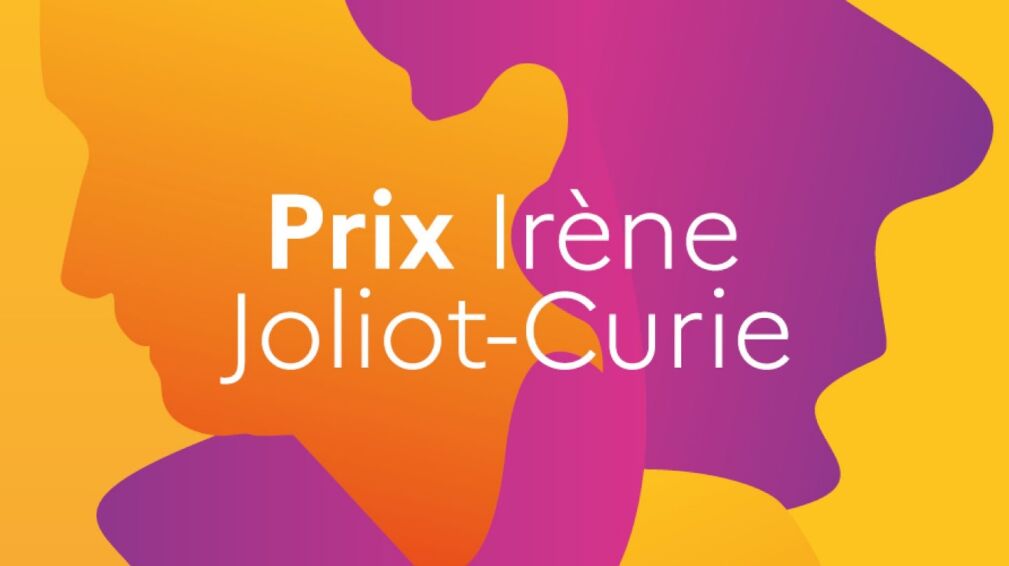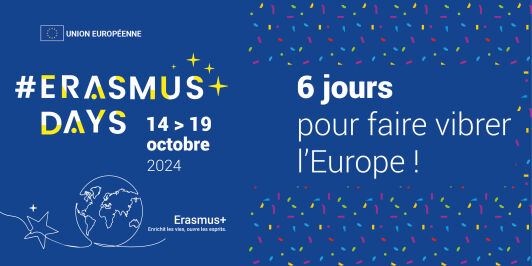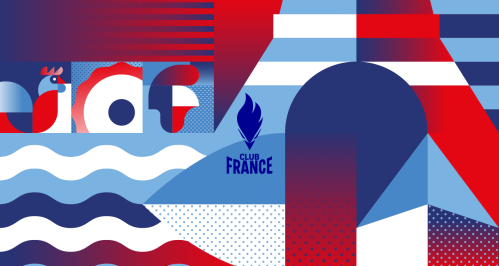 Actualités
Actualités 
Irène Joliot-Curie Prize 2023: Olga Paris-Romaskevich, Russian alumni, receives the Special Prize of Commitment
The award ceremony of the Irène Joliot-Curie Prize 2023 saw the Special Prize of Commitment awarded to a scientist woman committed in the orientation of girls to science courses. Olga Paris-Romaskevich, a mathematician and scientific mediator, and international alumni, attended a doctoral training course in joint supervision (Russia/France).
The Irène Joliot-Curie Prizes were awarded on 7 March 2024 by the French Ministry of higher education and research, with the support of the French Academy of sciences and French Academy of technologies. Prizes from four categories were awarded: the Female Scientist of the Year Prize, the Woman, Research and Enterprise Prize, the Young Female Scientist of the year Prize and the Special Prize of Commitment. Olga Paris-Romaskevich received her prize from the latter category.
A portrait of a committed scientist
“Olga Paris-Romaskevich, a mathematician committed in inclusive sciences, explains her course and fights, to which any woman can relate, she says!”. This is how the French ministry of higher education presented an interview of the new laureate of the Special Prize of Commitment which awards a woman scientist especially committed in raising awareness among girls and the young in general about science and orient them to this field. According to the laureate herself, this prize “is an individual acknowledgement for actions taking root in deeply collective movement, for a far longer time than a lifetime and of much broader dimension than only one country. When it will reach its objective, true women-men equality will be reached and we will no longer need this kind of prize”.
Olga Paris-Romaskevich is indeed highly committed in the active inclusion of women in mathematics. She even took part in the book project Matheuses : les filles, avenir des mathématiques (CNRS Éditions, 2024, “math women: girls, the future of maths”) she co-wrote with two additional scientists. The book proves “how girls, people from popular classes and racialised individuals are excluded on a systemic scale from access to mathematics by excluding comments, words and behaviours, and the violence they experiment”.
Mathematics since age 13
It’s not quite the case of Olga Paris-Romaskevich, who discovered very early, at 13, the world of mathematics in her country of origin, Russia, where she studied in a class specialised in mathematics, before registering to the faculty of mathematics from the Moscow State University, like all her friends. In her interview on the ministry website, she wonders: “Would I have entered a school that would automatically orient me towards a scientific course at 13 if my parents weren’t math teachers?”.
After superior studies in her country, from 2012 and 2016, Olga Paris-Romaskevich attended a doctoral training course and passed a Doctorate degree in mathematics, in joint supervision between the Ecole normale supérieure in Lyon and the Higher School of Economics in Moscow. Today, she is a mathematician at the CNRS and works at the mathematics Institute in Marseille, and her field of interest is “the dynamic systems with motivations coming from physics”. Her current works relate to “the dynamic of pool tiles and to the Novikov conjecture on planar sections of triply-periodic surface, inspired from conductivity physics”.
A resistance approach
In addition to her work, Olga Paris-Romaskevich works a lot for men/women gender equality in mathematics specifically, and in research in general. “Ever since I entered in a class specialised in mathematics at 13”, she declared in her interview, “as a woman I am a minority in my study and work environments. In 20 years, it took me time to understand that this is not a natural order of things. I became more and more aware of the sexism of our society and of the academic world”. And the laureate reminds that there are only 5,000 men and women mathematicians in France, including 20% women, i.e. about 1,000. “The community of university research in mathematics is relatively small and relies on a selective course: eight years of studies are inevitable. My field, fundamental mathematics, is the least feminine in Frane!”. And she concludes “doing math as a woman is an approach of resistance that you don’t really choose!”.
Explore more





1 Commentaire
Vous devez être connecté pour laisser un commentaire. Connectez-vous.